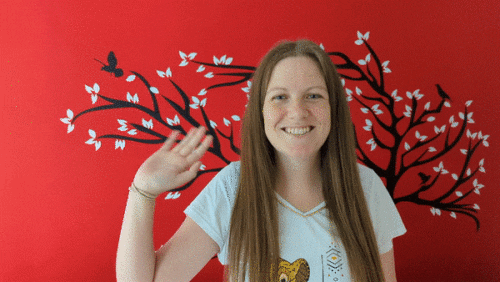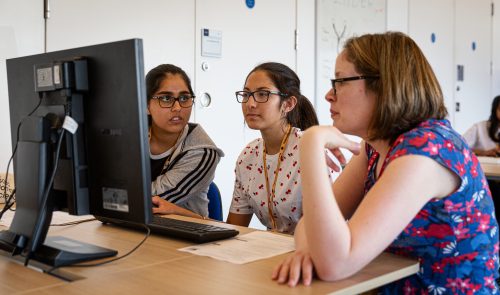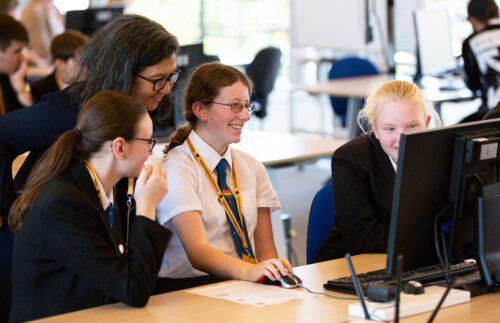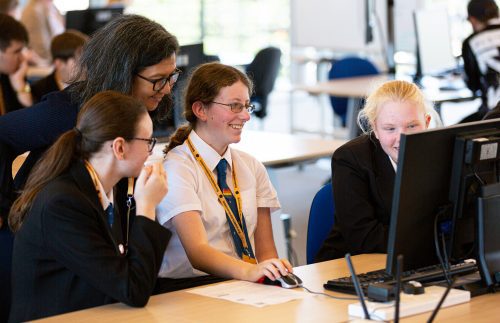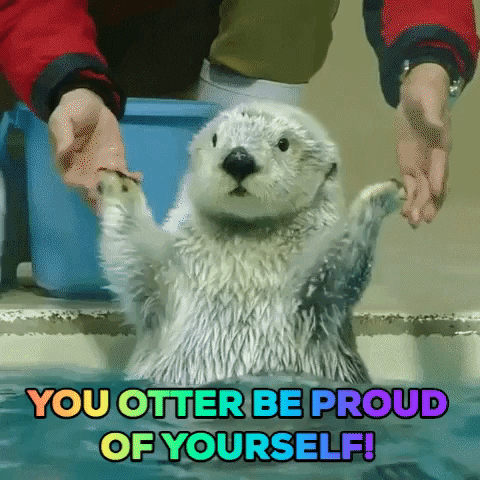Schlagwort: Isaac Computer Science
-

Back to school 2022: Our support for teachers
Reading Time: 9 minutesThe summer months are an exciting time at the Foundation: you can feel the buzz of activity as we prepare for the start of a new school year in many parts of the world. Across our range of fantastic (and free) programmes, everyone works hard to create new and improved resources that…
-

I belong in computer science
Reading Time: 6 minutesAt the Raspberry Pi Foundation, we believe everyone belongs in computer science, and that it is a much more varied field than is commonly assumed. One of the ways we want to promote inclusivity and highlight the variety of skills and interests needed in computer science is through our ‘I belong’ campaign.…
-

Expanding our free Isaac Computer Science platform with new GCSE content
Reading Time: 4 minutesWe are delighted to announce that we’re expanding our free Isaac Computer Science online learning platform in response to overwhelming demand from teachers and students for us to cover GCSE content. Thanks to our contract with England’s Department for Education which is funding our work as part of the National Centre for…
-

Say hello to Isaac Computer Science
Reading Time: 2 minutesWe are delighted to co-launch Isaac Computer Science, a new online platform for teachers and students of A level Computer Science. Introducing Isaac Computer Science Introducing the new Isaac Computer Science online learning platform and calendar of free events for students and teachers. Be the first to know about new features and content…
-

It’s GCSE results day!
Reading Time: 6 minutesToday is GCSE results day, and with it comes the usual amount of excitement and trepidation as thousands of young people in the UK find out whether they got the grades they wanted. So here’s a massive CONGRATULATIONS from everyone at the Raspberry Pi Foundation to all the students out there who…
